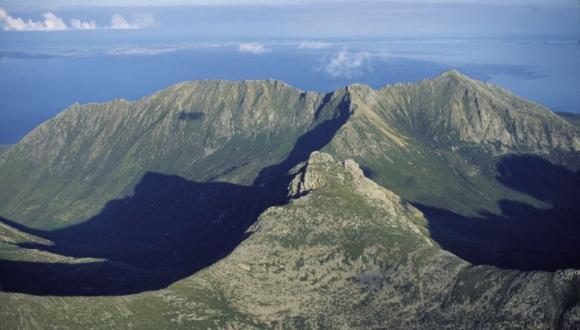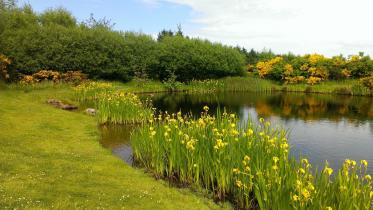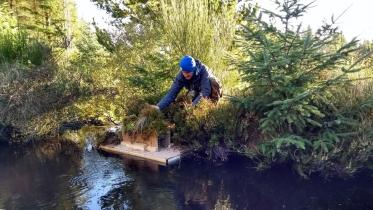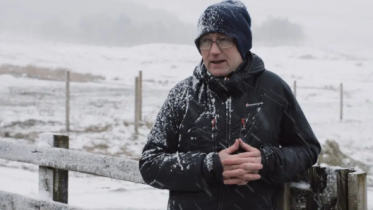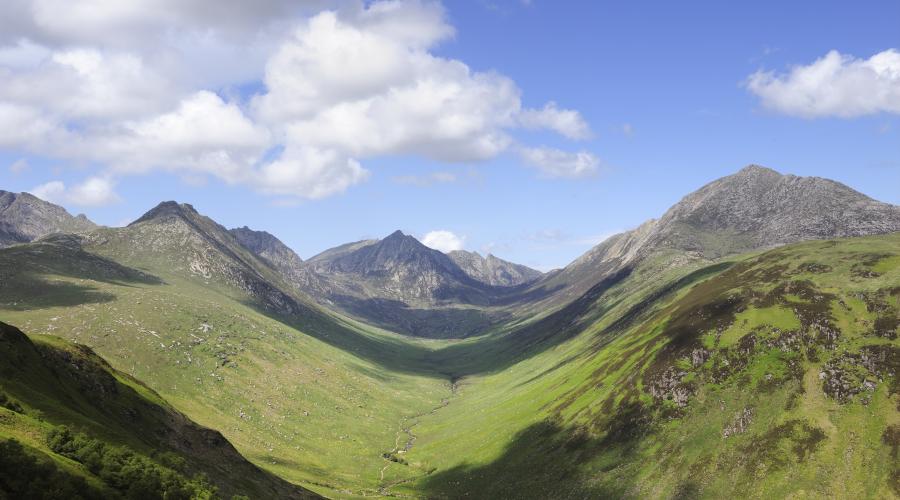
Responsible fieldwork
Scotland’s rich geodiversity has been studied for more than 200 years. Responsible fieldwork will let future generations continue this work.
Continuing active geoscience research in Scotland is both necessary and desirable.
Geological research in Scotland is vital to:
- understand the development of the Earth’s crust
- realise and exploit mineral resources
- explore the links with biodiversity
- develop new technologies
- advance our knowledge of the evolution of life on Earth
Our geodiversity resource should be used wisely and responsibly, and neither destroyed nor defaced during fieldwork. This will ensure that our geodiversity resource continues to be available for research, education, tourism and other purposes.
Geoscientists have certain responsibilities when undertaking fieldwork.
Before you set off
Know – and always follow – the:
Be aware that some locations such as Sites of Special Scientific Interest and National Nature Reserves are protected by law.
Sampling and collecting
You are acting within the law if you get the landowner’s permission to take samples or collect rock, mineral or fossil specimens. There may be legal restrictions on access, sampling and collecting in protected areas.
Find out specifically about sampling for cosmogenic dating.
Using equipment
Exercise restraint in:
- use of any equipment, including hammers and core drills
- how much you sample and collect
Choose sampling points that are hidden from view. Take care not to damage or deface geological features that may be of interest to others.
Download posters
You can download and display our responsible fieldwork posters in your organisation.
